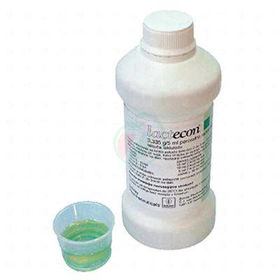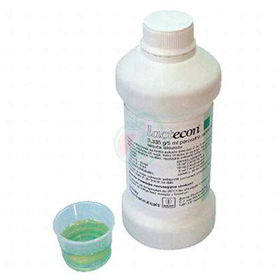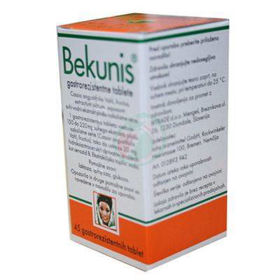Customer question:
What helps against constipation? Anonymous customer's question
Pharmacist's answer:
Several strategies can help with constipation and encourage regular, healthy bowel movements. In some cases, however, persistent constipation may result from an underlying medical condition, and a doctor is the expert who can help you identify and correct such problems. A doctor can also guide appropriate treatment, dietary adjustments, and lifestyle changes to relieve constipation.
Here are some practical ways to relieve and prevent constipation:
- Increase your dietary fiber intake: A diet high in fiber can help soften stools and increase their bulk, making them easier to pass. Therefore, include fiber-rich foods, such as whole grains, legumes, fruits, vegetables, and nuts.
- Stay hydrated: drink plenty of water throughout the day, at least the recommended amount. Adequate hydration can prevent the stool from drying, making it more difficult to pass.
- Regular meals: stick to a regular eating schedule with balanced meals.
- Prunes and prune juice: Prunes are known for their natural laxative effect due to their fiber content and sorbitol, a natural sugar alcohol. Prune juice can also be effective.
- Physical activity: regular exercise can stimulate the motility of the digestive tract. Even light activities such as walking or yoga can be beneficial.
- Avoid processed foods: Highly processed foods, often low in fiber, can contribute to constipation. Limit your intake of processed foods, sugary snacks, and fast food.
- Foods with live cultures: consume foods such as yogurt and kefir that contain natural microbial cultures.
- Fiber supplements: If you have trouble getting enough fiber in your diet, consider fiber supplements such as psyllium husk or methylcellulose. Follow the recommended dosage when using these supplements.
- Avoid dehydrating substances: limit caffeine and alcohol consumption, as they can cause dehydration and worsen constipation.
- Olive oil: a teaspoon of olive oil on an empty stomach in the morning often helps to lubricate the intestines and facilitate the passage of stool.
- Avoid Laxative Abuse: While occasional use of laxatives may be necessary, relying on them too often can become addictive and worsen constipation.
Interesting reading: Food for constipation and soft stool













